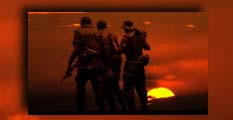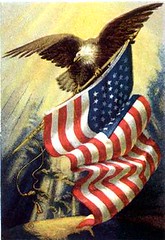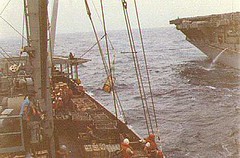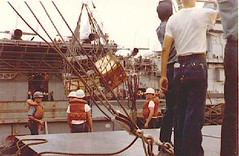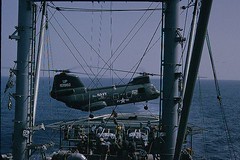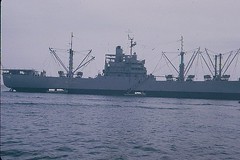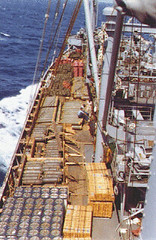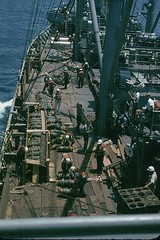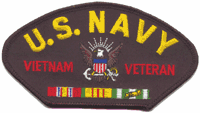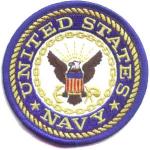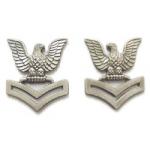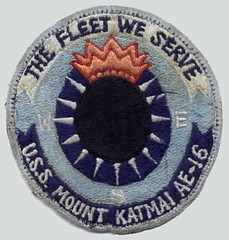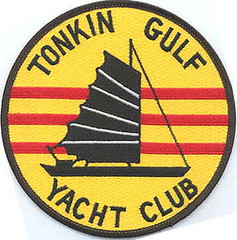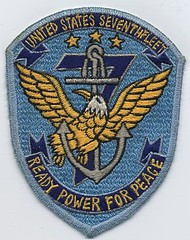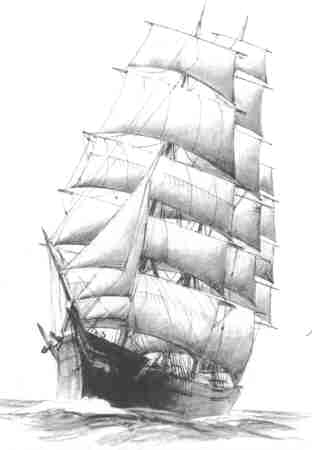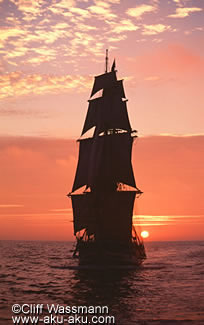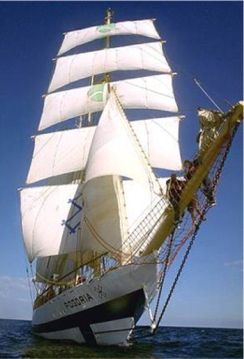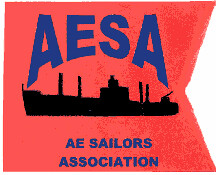Fallon Takes Reins of Central Command
March 17, 2007
MACDILL AIR FORCE BASE, Fla. - For the first time since the United States created a combatant command with responsibility for the Middle East, Northern Africa and Southwest and Central Asia, a naval officer took over the helm of U.S. Central Command here today.
Navy Adm. William J. Fallon, a naval aviator with almost 40 years of service, assumed duties as commander of CENTCOM from Army Gen. John P. Abizaid, who is retiring after leading CENTCOM for more than three years.
Fallon comes from commanding U.S. Pacific Command, the largest geographical command in the military, where he worked to improve military ties with China.
Defense Secretary Robert M. Gates presided over today's ceremony. He praised Abizaid for the work he did in the Middle East while commanding CENTCOM. Abizaid studied the region's culture extensively, becoming an expert and forging important relationships with the people, Gates said. Abizaid took over the command early in the Iraq conflict, at a time when there was much work to be done, he noted.
"He accepted enormous responsibility at a crucial time in history," Gates said of Abizaid.
Under Abizaid's leadership, CENTCOM helped Iraq conduct three elections, form a new government and constitution, and grow the Iraqi security forces threefold, Gates said. In Afghanistan, he noted, thanks in large part to Abizaid's efforts, NATO countries have stepped up and taken responsibility for the security of the country, in partnership with Afghan security forces.
Gates said he is confident that Fallon will build on Abizaid's good work, noting that the admiral brings decades of experience and a record of success to the command. He praised Fallon as one of the military's top strategic thinkers, who built important relationships with other nations during his time in Pacific Command.
After relinquishing command to Fallon, Abizaid thanked the members of the coalition for the work they do with CENTCOM. He also thanked the officers under his command, who he said do so much to fight the war on terror, provide humanitarian assistance, and strengthen partnerships around the world.
"Never has a commander been so blessed by a team of capable and heroic leaders," Abizaid said.
Abizaid noted that war is never easy, and the war on terror will be long and will require "courage and time." Victory against terror will require not only military effort, but also political and diplomatic work, he said.
"This conflict is greater than the sum of Iraq and Afghanistan," Abizaid said.
Upon taking command, Fallon thanked Abizaid for the legacy he left and pledged to strengthen and nurture relationships with members of his command and other nations. Fallon acknowledged that much work lies ahead of CENTCOM in the months ahead, and that Iraq and Afghanistan are both at critical points. However, he said, the troops and commanders of CENTCOM and allied countries are capable and dedicated, and can help the people of the Middle East achieve what most people in the world want: peace, security and stability.
"In concert with our allies, if we put our minds to it, there's very little we can't accomplish," Fallon said.
CENTCOM was created in 1983 and is responsible for U.S. military activity in a 27-country region in the area between U.S. European Command and Pacific Command. CENTCOM is responsible for the conflicts in Iraq and Afghanistan, focused on defeating terrorism, strengthening regional stability, building the capacity of partner nations, and protecting U.S. interests in the region.
http://www.military.com/NewsContent/0,13319,128957,00.html?ESRC=navy.nl



